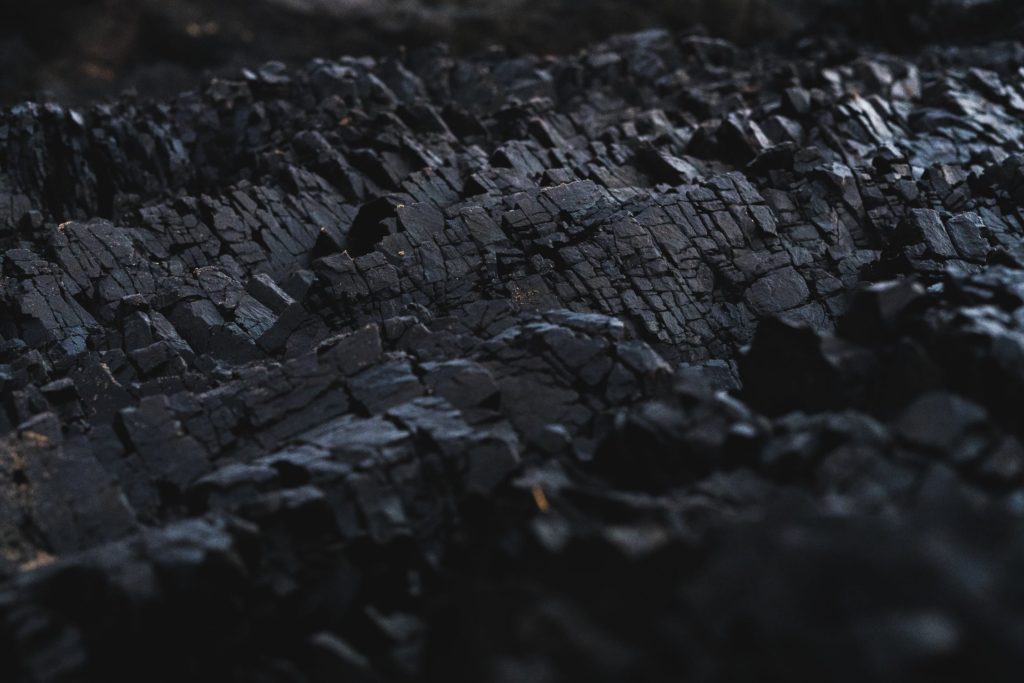What is activated charcoal?
by Scott Dutfield · 14/10/2019

What chemical properties make this fine black powder so useful?
Activated carbon, also known as activated charcoal, is a form of carbon that has been processed to create an extremely porous structure. It is made by heating carbon-rich materials to an extremely high temperature until pure carbon is formed and is then generally activated in a steam atmosphere to incorporate air bubbles within it to increase its surface area.
This versatile, fine black powder gets its amazing abilities from the tiny holes within it that can trap chemicals, making it useful in a wide range of different industries.
Activated carbon can be utilised in a variety of filtration and distillation methods due to its adsorption properties, including water and air purification and sewage treatment. One of the most vital industries that use this type of charcoal is emergency medicine, where it’s used to treat poisoning and overdoses, by binding with toxins to prevent them from being absorbed into the body.
Recently, there has been a trend of using charcoal to whiten teeth, but there is no scientific evidence to prove that this method actually works.
This article was originally published in How It Works issue 108, written by Charlie Evans
For more science and technology articles, pick up the latest copy of How It Works from all good retailers or from our website now. If you have a tablet or smartphone, you can also download the digital version onto your iOS or Android device. To make sure you never miss an issue of How It Works magazine, subscribe today!





